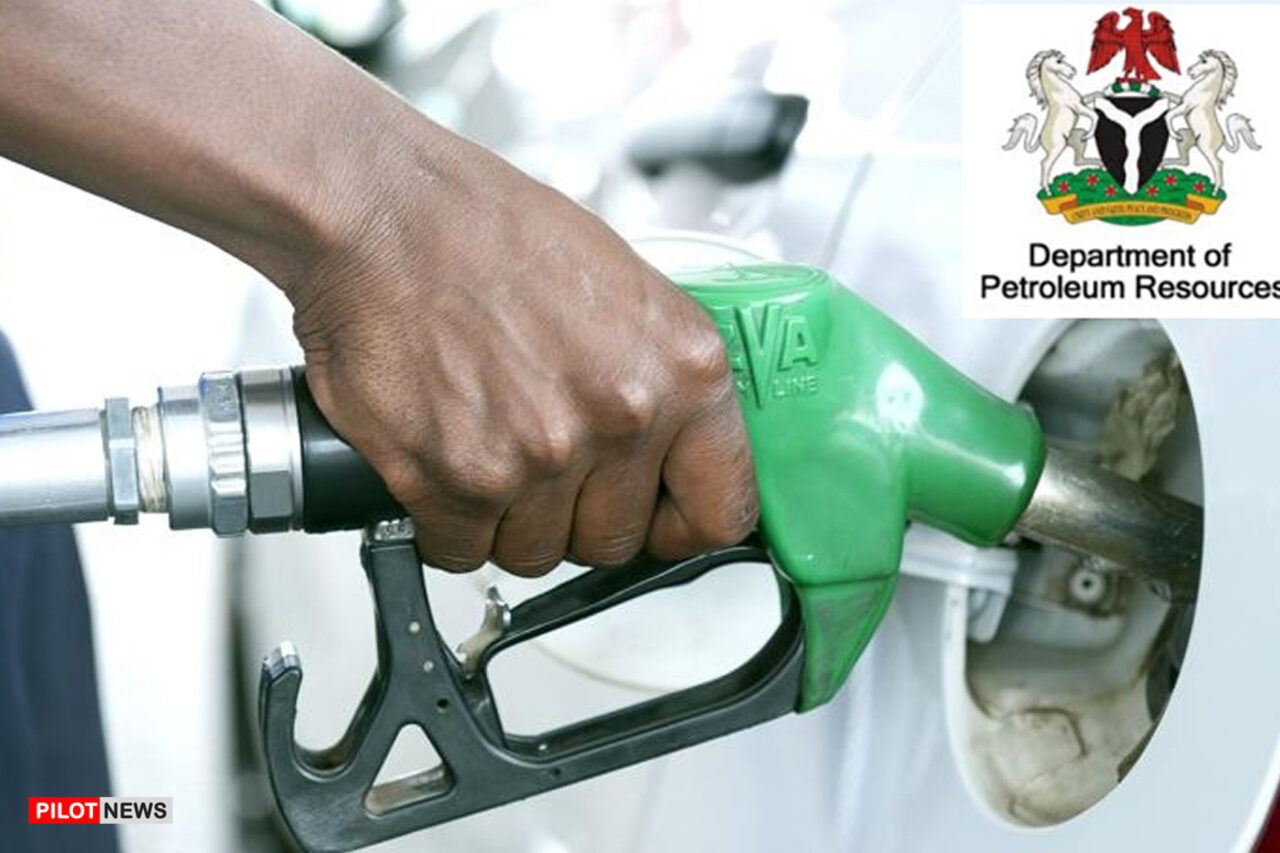Nigeria’s headline inflation rate dropped to 32.15 per cent in August 2024, marking the second consecutive month of decline, according to the latest data from the National Bureau of Statistics, NBS. This represents a 1.25 percentage point decrease from the 33.4 per cent recorded in July 2024.
Despite this slowdown, analysts caution that the relief may be temporary due to recent petrol price hikes, which have sparked widespread discontent amidst the country’s worst cost-of-living crisis in decades.
President Bola Tinubu’s economic reforms, including the removal of the fuel subsidy, naira devaluation, and electricity tariff increases, have driven up prices, further straining the finances of Nigerians.
The August report shows a year-on-year inflation increase of 6.35 percentage points, up from 25.8 per cent in August 2023. Month-on-month inflation stood at 2.22 per cent, slightly lower than July’s 2.28 per cent.
Food inflation remains a significant contributor, although it fell to 37.52 per cent in August from 39.53 per cent in July.
Analysts expect inflation to continue easing, potentially dropping below 30 per cent by year-end. However, rising fuel costs and flooding in the northern region, which has impacted food supply, may slow the disinflation process.
The Central Bank of Nigeria has raised interest rates four times this year to bring down the inflation, yet citizens continue to feel the impact of rising living costs as the country grapples with its worst cost-of-living crisis in decades.
The latest inflation data are likely to inform the central bank’s next interest rate decision to be announced next week.
- Tinubu Awards GCON to Gilbert Chagoury - January 19, 2026
- Morocco Files Official Complaint Over Senegal Conduct in AFCON Final - January 19, 2026
- Moroccan Hearts Broken as Senegal Wins AFCON Final - January 19, 2026

